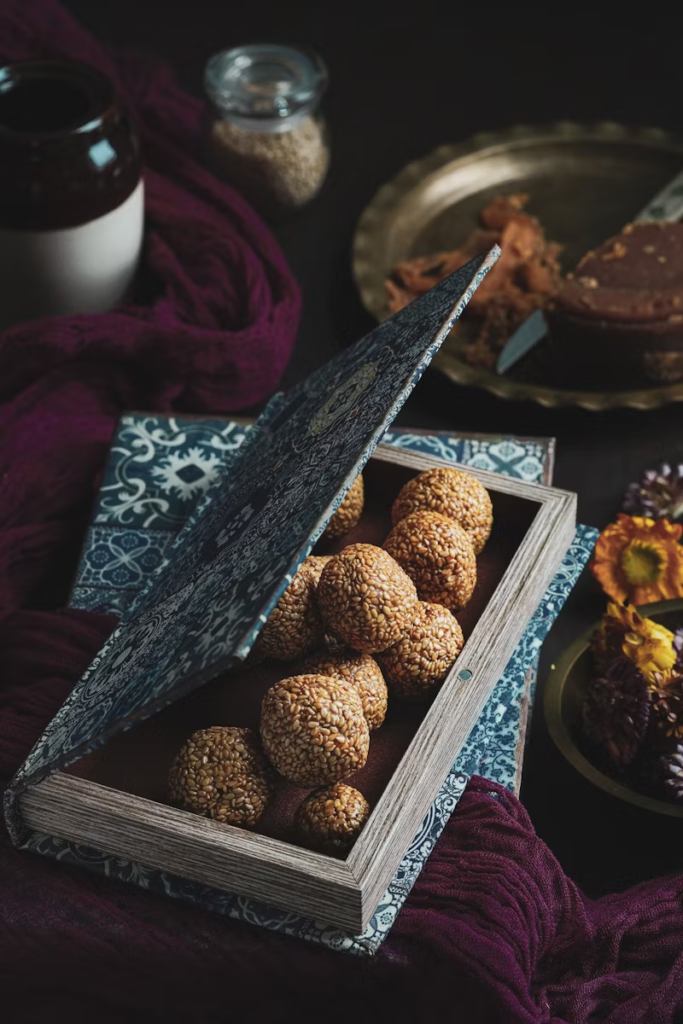As the harvest season approaches, millions of people worldwide prepare to celebrate two of India’s most cherished festivals — Makar Sankranti and Pongal. These festivals mark the end of winter and the beginning of longer days, symbolizing prosperity, gratitude, and new beginnings. Let’s explore how these festivals are celebrated in India and across the globe, delving into the traditions, rituals, and activities that bring people together in joy and thanksgiving.
Table of Contents
The Significance of Makar Sankranti and Pongal
Makar Sankranti is a Hindu festival celebrated when the sun transitions into the zodiac sign of Capricorn (“Makara”). It signifies the sun’s northward movement (“Uttarayana”), a time considered highly auspicious in Indian culture. Pongal, primarily celebrated in Tamil Nadu, is a four-day harvest festival dedicated to the Sun God, thanking nature for a bountiful harvest.
Both festivals are deeply rooted in agrarian traditions and spiritual beliefs, symbolizing gratitude, prosperity, and the cycle of life.

Celebrations in India
Makar Sankranti
In India, Makar Sankranti is celebrated with diverse customs across regions:
- North India: The skies come alive with colorful kites as people participate in kite-flying competitions, especially in Gujarat and Rajasthan. Families prepare sweets made of sesame seeds and jaggery (“tilgul”) to share with loved ones, symbolizing harmony and sweetness.
- Maharashtra: Women exchange haldi-kumkum and distribute sweets, fostering community bonds.
- Karnataka: People decorate cows and bulls, anoint them with turmeric, and offer prayers as a mark of respect for their contribution to farming.
- Punjab: The festival coincides with Lohri, celebrated with bonfires, folk songs, and dances like bhangra and giddha.
Pongal
Pongal is a vibrant four-day festival celebrated with fervor in Tamil Nadu:
- Bhogi Pongal: The first day involves discarding old items and welcoming new beginnings by lighting bonfires.
- Surya Pongal: Families prepare the traditional Pongal dish using freshly harvested rice, milk, and jaggery, offering it to the Sun God in gratitude.
- Mattu Pongal: Dedicated to cattle, farmers honor their livestock by adorning them with garlands and bells.
- Kannum Pongal: Families gather to exchange gifts, visit friends, and enjoy picnics.
Global Celebrations
With Indian communities spread across the world, Makar Sankranti and Pongal have gained global recognition. Here’s how these festivals are celebrated abroad:
- USA and Canada: Indian diaspora organize cultural programs, kite-flying events, and traditional feasts. Temples host special rituals, offering a sense of home to participants.
- UK: Communities gather to celebrate with folk dances, traditional attire, and Pongal dishes, fostering unity.
- Australia: Harvest festivals like Pongal are celebrated with Tamil cultural events, temple prayers, and vibrant decorations.
- Middle East: Indian expatriates come together to honor their roots through festive gatherings and religious observances.
Traditions and Activities
Both festivals emphasize the importance of gratitude, family, and community. Common activities include:
- Kite Flying: A hallmark of Makar Sankranti, especially in Gujarat and Rajasthan, symbolizing freedom and joy.
- Traditional Cuisine: Pongal (a sweet rice dish), sesame ladoos, and tilgul sweets are prepared and shared.
- Charity: People donate food, clothes, and money to the less fortunate, embracing the spirit of giving.
- Decorations: Homes are adorned with rangoli and kolam designs, adding a festive touch.

Recipes to Try
Sweet Pongal Recipe
Ingredients:
- 1 cup raw rice
- ½ cup jaggery
- 2 cups milk
- 2 tbsp ghee
- Cashews, raisins, and cardamom powder
Instructions:
- Cook rice in milk until soft.
- Melt jaggery in water and add to the rice.
- Stir in ghee, cardamom, cashews, and raisins.
- Serve hot as a festive offering.
Sesame Ladoos
Ingredients:
- 1 cup sesame seeds
- ½ cup jaggery
Instructions:
- Roast sesame seeds until golden.
- Melt jaggery in a pan and mix with sesame seeds.
- Shape into small balls and enjoy.

Conclusion
Makar Sankranti and Pongal beautifully showcase India’s rich cultural heritage and the universal spirit of gratitude. Whether it’s through kite flying, cooking traditional dishes, or gathering with loved ones, these festivals bring people together to celebrate life’s abundance.
As you partake in the festivities, take a moment to reflect on the blessings of the season and spread joy with those around you. Happy Makar Sankranti and Pongal!
You might also love to read The Maha Kumbh Mela 2025: A Divine Gathering of Faith and Culture













